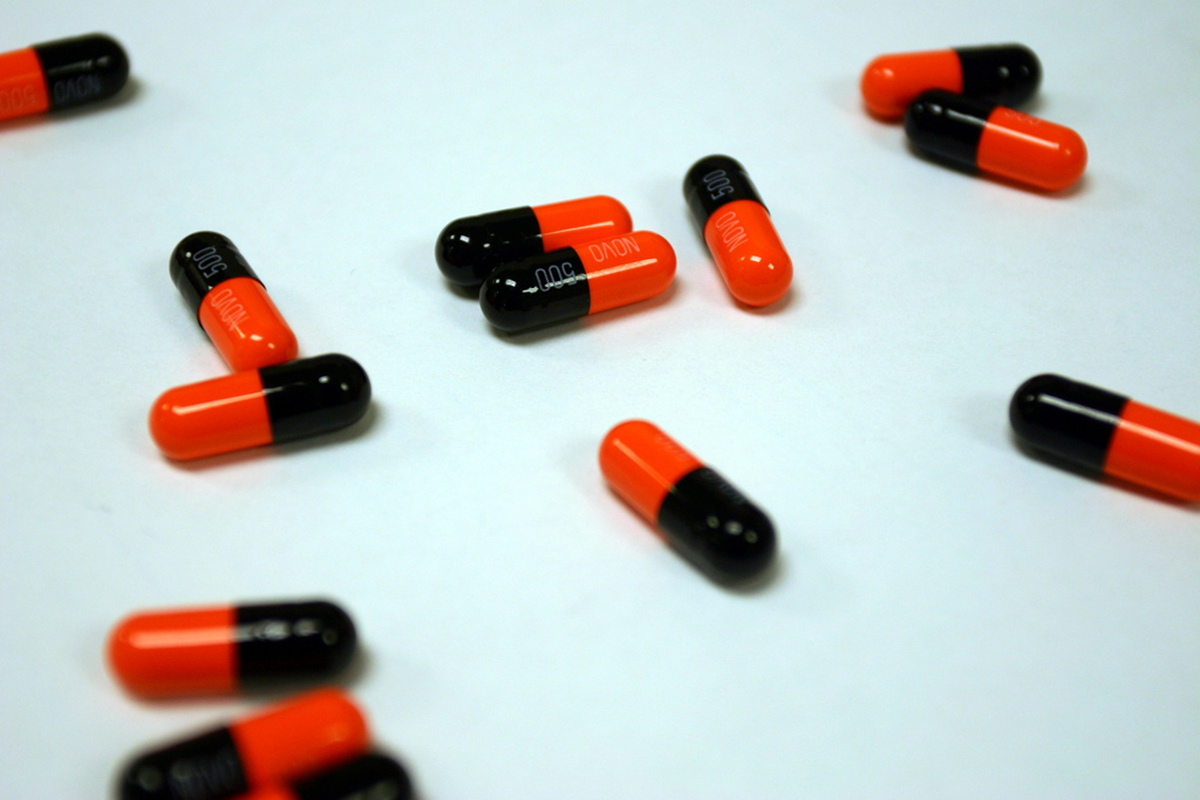Table of Contents
The placebo effect is, at first glance, a little difficult to account for. It posits that drugs that don't work, work. "Placebo" means "that which pleases", as opposed to that which works. Placebos simply please the patient by making him think he's getting medicine.

We owe the modern understanding of the placebo to a doctor from the 1950s called Henry Beecher. In 1955 Dr Beecher published "The Powerful Placebo" in the Journal of the American Medical Association. He examined studies that compared an active treatment to a placebo and found that on average across all the studies, 35 percent of patients recovered or improved with the placebo. The obvious conclusions from that are, 1: any study that doesn't have a placebo control group is likely to give a false positive result, and 2: placebos are, as Dr Beecher pointed out, '"powerful". That's the beginning of the age of double-blind controlled studies, the gold standard in evidence based medicine (though a problematic one for several reasons).
The trouble is that the idea of the "power of the mind" is so seductive that many of us like to read Dr Beecher's results as meaning that placebos are 35 percent effective. That's better than most drugs, and suggests that "placebo" should be every doctor's first prescription (actually, it sometimes is; 60 percent of Israeli doctors have knowingly given a patient a placebo).
Think about it: The placebo groups had no controls. So there's no saying how much of the "placebo effect" in each case is actually the natural course of the disease, or "politeness reporting", where people tell authority figures like doctors what they think they want to hear, or even just people who got better on their own.
If you think that begs a question, you're not alone. In 2001 Danish researchers Asbjorn Hrobjartsson and Peter Gotszche published "Is the Placebo Powerless?" in the New England Journal of Medicine. Comparing the effects of placebos with no-treatment groups, they found "little evidence that placebos had powerful clinical effects".
One important division they found, perhaps the most significant for our purposes, was this: in objective outcomes, placebos had negligible effects. If you're taking a placebo for high blood pressure, the placebo doesn't make your blood pressure fall — not reliably, anyway. If you're taking one for pain, though, it can be highly effective.
But that's contradicted by research in other quarters. When doctors painted warts with an inert dye and told patients the wart would now disappear, guess what? It did. Patients who had newly implanted pacemakers improved — by objective measures! — before the pacemakers were switched on.
See Also: The Healing Power Of Placebo
Patients with colitis who were treated with placebos reported less pain — a common effect which we'll go into below — but also actually had less inflammation when scanned. And the more placebo they took the better they got: in a study where two groups of patients with ulcers were given placebos, one was given one pill. The other group got two pills. The two-pill group got better faster; they were taking more placebo.
- Photo courtesy of Martin Cathrae via Flickr: www.flickr.com/photos/suckamc/271222157
- Photo courtesy of KOMUnews via Flickr: www.flickr.com/photos/komunews/6963463739

